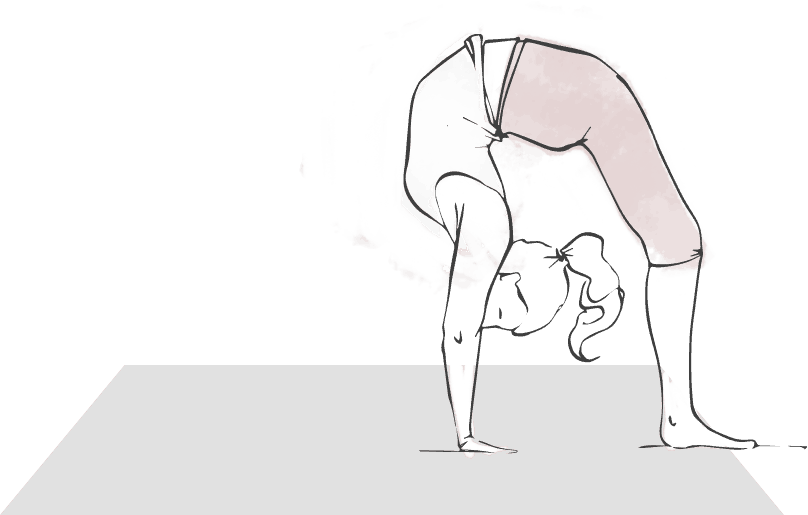Causes
Causes
Why me?
Bunions are caused by complex biomechanical imbalances within the foot, and only recently the true mechanisms of their formation has been figured out.
The imbalance could be from having flat feet or low arches, or related to tight Achilles tendons.
Often they’re caused by hyper-pronation of the feet, where you roll slightly onto the inside of the sole of the foot as you walk, giving certain tendons a mechanical advantage over others. Ligament laxity, where the ligaments are too loose to keep the bones and joints in proper alignment in your feet, makes you prone to bunions. Similarly, during pregnancy, when hormones relax all your ligaments, a bunion may form. When the bones get out of alignment, for whatever reason, trouble starts.

Causes
Who is prone to bunions?
You’re not born with bunions, they develop over time, and get worse as you age.
But you are born with tendencies toward mechanical imbalances, a certain foot structure or ligament laxity, so heredity is definitely a contributing factor.
As a result of your set of foot issues, combined with repetitive motion and stress over the years, bunions gradually appear. Then they appear to grow.
Bunions are not caused by the shoes you wear. That’s one of the great myths out there. It is true that tight, pointy shoes will aggravate the condition, which is also why women seem to get bunions more than men.
It’s another myth that women are more prone to bunions than are men. The truth is men and women are prone to bunions equally, but women seek treatment more frequently than men do because they are more likely to feel pain as a result of wearing narrow shoes. People in jobs with repetitive stress on the big toe joint (ballet dancers) or who are walking or standing a lot (nurses and teachers) are prone to developing bunions if they have the underlying issues.

Bunion Fact # 19
Bunions are genetic. The bottom line is, they’re not your fault.
